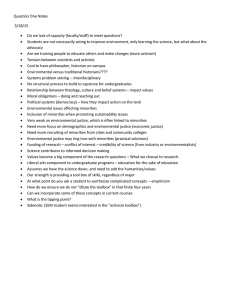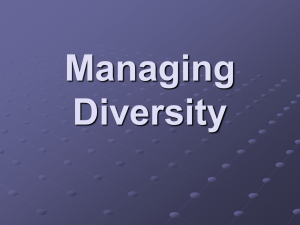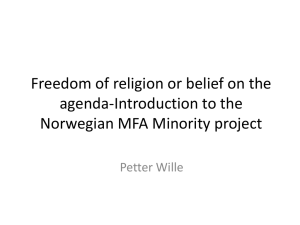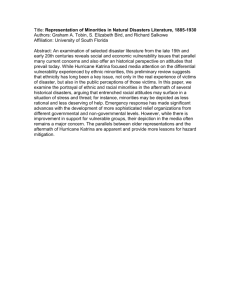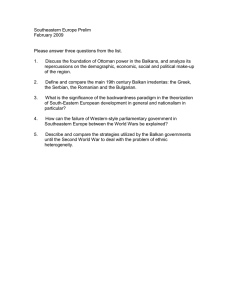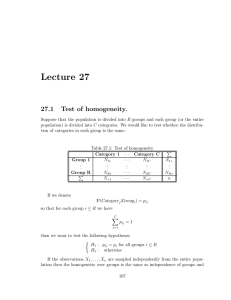Citizenship Education Facing Nationalism and Populism in Europe
advertisement
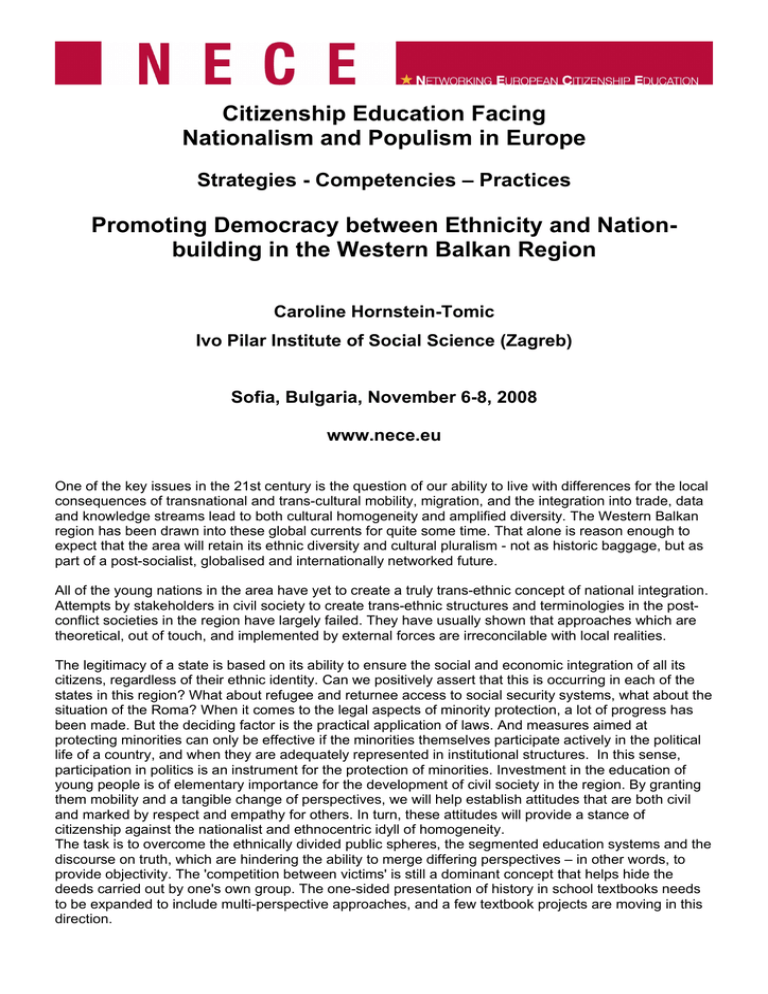
Citizenship Education Facing Nationalism and Populism in Europe Strategies - Competencies – Practices Promoting Democracy between Ethnicity and Nationbuilding in the Western Balkan Region Caroline Hornstein-Tomic Ivo Pilar Institute of Social Science (Zagreb) Sofia, Bulgaria, November 6-8, 2008 www.nece.eu One of the key issues in the 21st century is the question of our ability to live with differences for the local consequences of transnational and trans-cultural mobility, migration, and the integration into trade, data and knowledge streams lead to both cultural homogeneity and amplified diversity. The Western Balkan region has been drawn into these global currents for quite some time. That alone is reason enough to expect that the area will retain its ethnic diversity and cultural pluralism - not as historic baggage, but as part of a post-socialist, globalised and internationally networked future. All of the young nations in the area have yet to create a truly trans-ethnic concept of national integration. Attempts by stakeholders in civil society to create trans-ethnic structures and terminologies in the postconflict societies in the region have largely failed. They have usually shown that approaches which are theoretical, out of touch, and implemented by external forces are irreconcilable with local realities. The legitimacy of a state is based on its ability to ensure the social and economic integration of all its citizens, regardless of their ethnic identity. Can we positively assert that this is occurring in each of the states in this region? What about refugee and returnee access to social security systems, what about the situation of the Roma? When it comes to the legal aspects of minority protection, a lot of progress has been made. But the deciding factor is the practical application of laws. And measures aimed at protecting minorities can only be effective if the minorities themselves participate actively in the political life of a country, and when they are adequately represented in institutional structures. In this sense, participation in politics is an instrument for the protection of minorities. Investment in the education of young people is of elementary importance for the development of civil society in the region. By granting them mobility and a tangible change of perspectives, we will help establish attitudes that are both civil and marked by respect and empathy for others. In turn, these attitudes will provide a stance of citizenship against the nationalist and ethnocentric idyll of homogeneity. The task is to overcome the ethnically divided public spheres, the segmented education systems and the discourse on truth, which are hindering the ability to merge differing perspectives – in other words, to provide objectivity. The 'competition between victims' is still a dominant concept that helps hide the deeds carried out by one's own group. The one-sided presentation of history in school textbooks needs to be expanded to include multi-perspective approaches, and a few textbook projects are moving in this direction.
